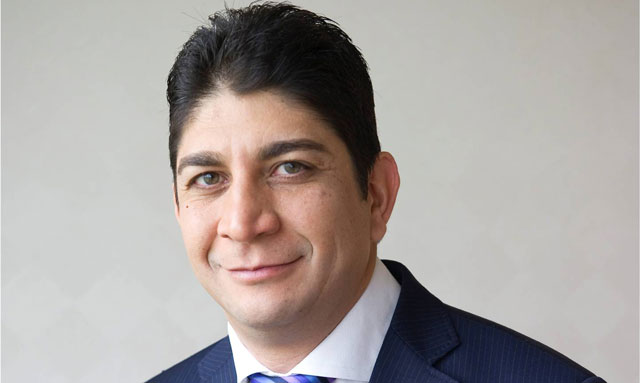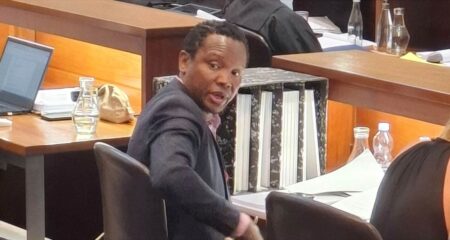
Because of its spending on upgraded towers and other infrastructure, Vodacom wouldn’t have to spend heavily on equipment if it were allocated more radio frequency spectrum in new bands, group CEO Shameel Joosub says.
Due to spectrum constraints, Vodacom has “refarmed”, or reallocated, a portion of the 1,8GHz band to provide commercial long-term evolution (LTE) data services, which it launched last month.
Joosub says the big investments have already been made when it comes to ensuring that the operator’s infrastructure is ready for next-generation broadband.
He says existing antennae work for LTE because the company had already been operating 3G services in the 1 800MHz band. He says that although new spectrum allocations would mean replacing antennae, this would be “a small cost”.
Data is going to play a growing role for the company, particularly in South Africa, its most mature and largest market, Joosub says. In South Africa, data traffic grew by 43% and data customers grew by 26,8% in the six months ended 30 September 2012. Data revenue from international operations grew by an enormous 140,7% during the period under review.
Vodacom’s international operations have been slower to see data uptake, but that is set to change. Outside South Africa, the group now has more than 4,3m data customers, up 128% during the six months up until September.
In South Africa, Vodacom now has 13,3m active data customers and more than 5,3m smartphones on its network.
Key to maintaining revenue in the South African market is continuing to offer integrated price plans, according to Joosub. He says that encouraging customers to move to bundle offers that include voice, data and SMS allowances gradually reduces Vodacom’s reliance on out-of-bundle rates.
“Integrated bundles protect us from over-the-top players,” Joosub says. “We want to give our customers larger bundles that offer greater value while still maintaining [average revenue per user].”
The operator plans to leverage its access to exclusive devices through UK parent Vodafone to promote further uptake of smartphones and tablet computers by South African consumers.
“We want data wherever we have voice,” says Joosub. He says 83% of South Africa’s population is now covered by the company’s 3G network and that 78% of 3G sites are now capable of speeds of 43,2Mbit/s. Moreover, 55% of sites have fibre or high-speed transmission capabilities, which are necessary for next generation mobile data services.
Though voice traffic continued to see healthy growth of 7% across the group as a whole, in South Africa the figure was just 1,5%, meaning encouraging uptake of data usage is all the more important if the company’s local operation is to maintain revenues.
The South African voice business was further impacted by a 10% decline in interconnect revenue in the wake of cuts to mobile termination rates, the fees operators charge each other to field calls on their networks. These cuts look set to continue.
SMS is also seeing a decline in South Africa. Joosub says SMS, which contributes just less than 10% of earnings before interest, tax, depreciation and amortisation, will continue to come under pressure as more customers move to smartphones and applications like WhatsApp and BlackBerry’s messenger service.
Investors responded to Vodacom’s interim results positively, with the share price rising by more than 5% shortly after lunchtime on Monday to reach an all-time high of R116,76. The stock is up by almost 25% in the past 12 months. — (c) 2012 NewsCentral Media




